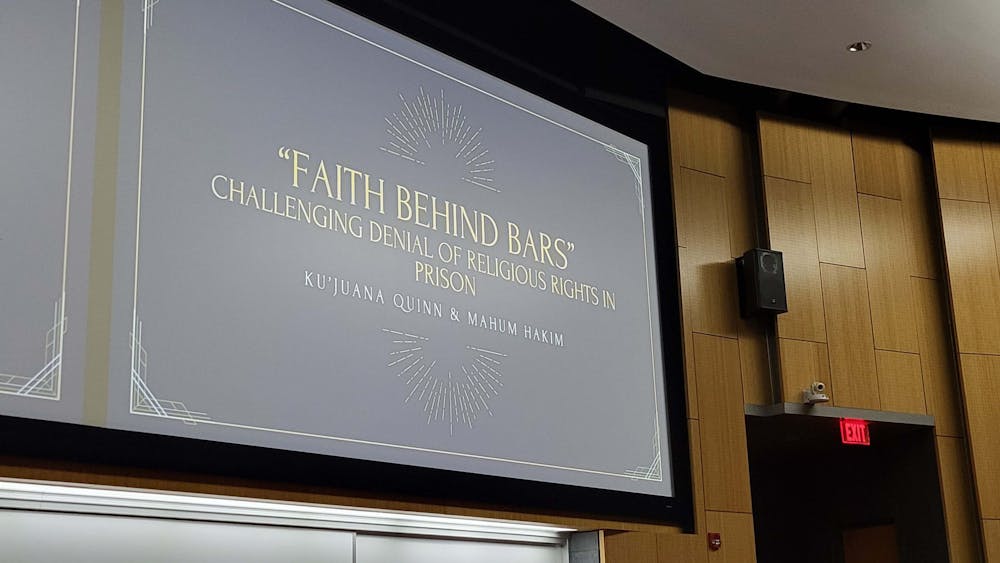Marriage is a civil contract recognized by the state, not a right.
In Hilary Farrell’s column, “Marriage laws do not include everyone,” there were several points I disagreed with.
One of the biggest misconceptions about the marriage debate is that “marriage is a right.” To analyze this statement, one must first understand the concept of marriage.
Marriage, in the sense of a ceremony to show love and dedication to someone you love, is a right. Specifically, this would fall under the right of freedom of speech. Every American is free to express his or her love for any person, and the government has absolutely no right to say otherwise.
However, marriage in the sense of a civil contract between two consenting adults is not a right. The civil contract of marriage is a privilege, with guidelines set down on how one can enter into such a contract.
Nowhere in the U.S. or Michigan constitutions will you find a clause that describes the right to enter into the civil contract marriage.
At any moment, the Michigan legislature could abolish the civil contract of marriage. Would this mean that it would be illegal to get married? No. It would simply mean that the state would no longer be recognizing marriage as a civil contract.
Homosexual individuals are just as entitled to enter into this civil contract as heterosexual individuals. They must, however, abide by the rules of the contract. The Michigan legislature has specifically said that homosexual marriage is an “invalid contract;” however, this is not denying homosexual individuals the right to enter into a marriage.
Farrell says in her column, “The limited rights and protections [of civil unions] do not extend past state lines.”
Many people feel that this is something that the federal government needs to remedy, but why should the federal government be meddling with the issue of marriage? The federal government has always left the definition marriage up to the states to decide for themselves.
The constitution gives no indication that the federal government should define marriage, giving them no reason to step in. Under federalism, the right to define marriage is left to the states, making marriage a states’ rights issue.
If states can allow gay marriage, it is just as much their right to not allow gay marriage.
However, Farrell does raise some good points: homosexual individuals should be allowed to visit dying significant others in the hospital. They should be able to adopt children. Homosexual couples should be able to share a medical plan.
However, the addition of a partner, whether homosexual or heterosexual, to an employee’s healthcare plan should be a choice that is left up to the employer.
These issues can be remedied without brining marriage into the picture.
Ultimately, if the state of Michigan does not want to change its definition of marriage, it has every right to keep marriage as defined as one man and one woman.





